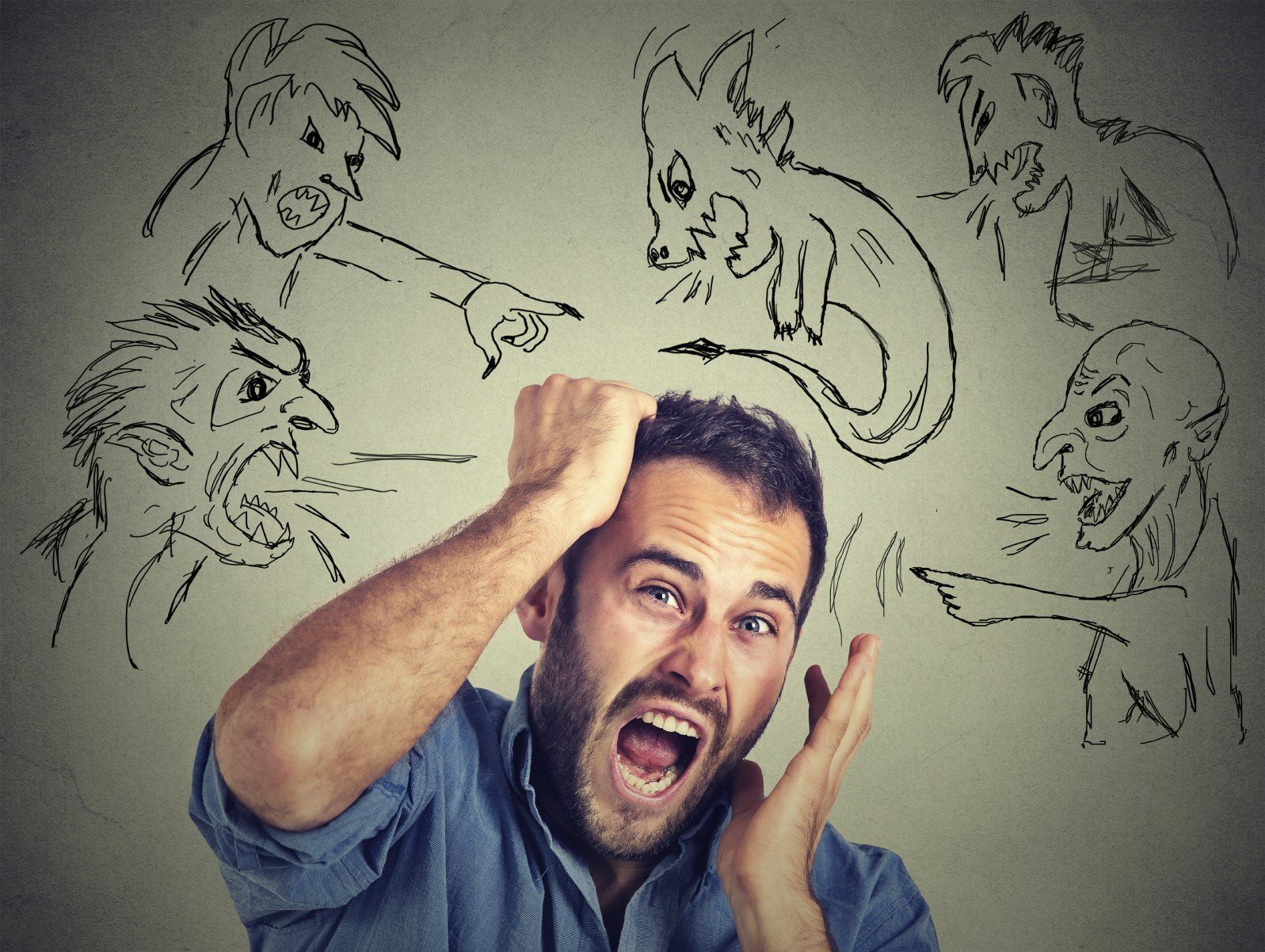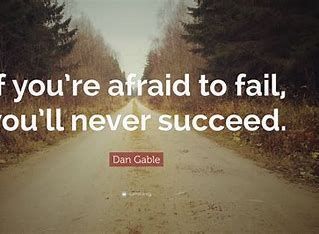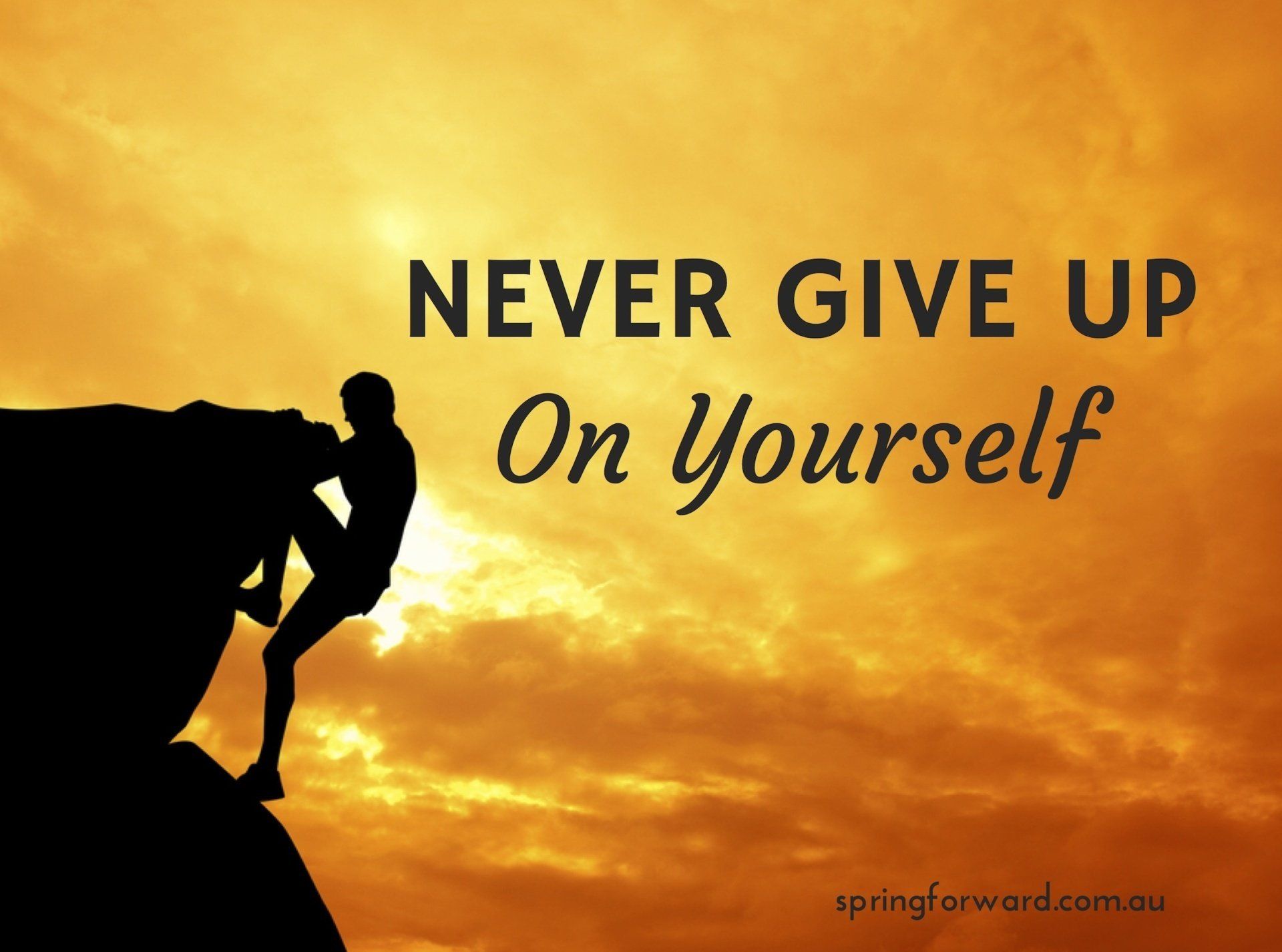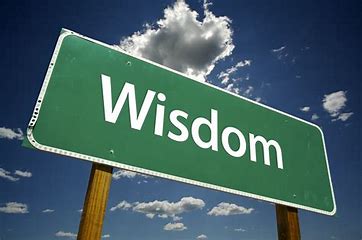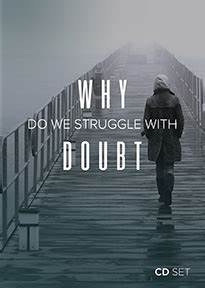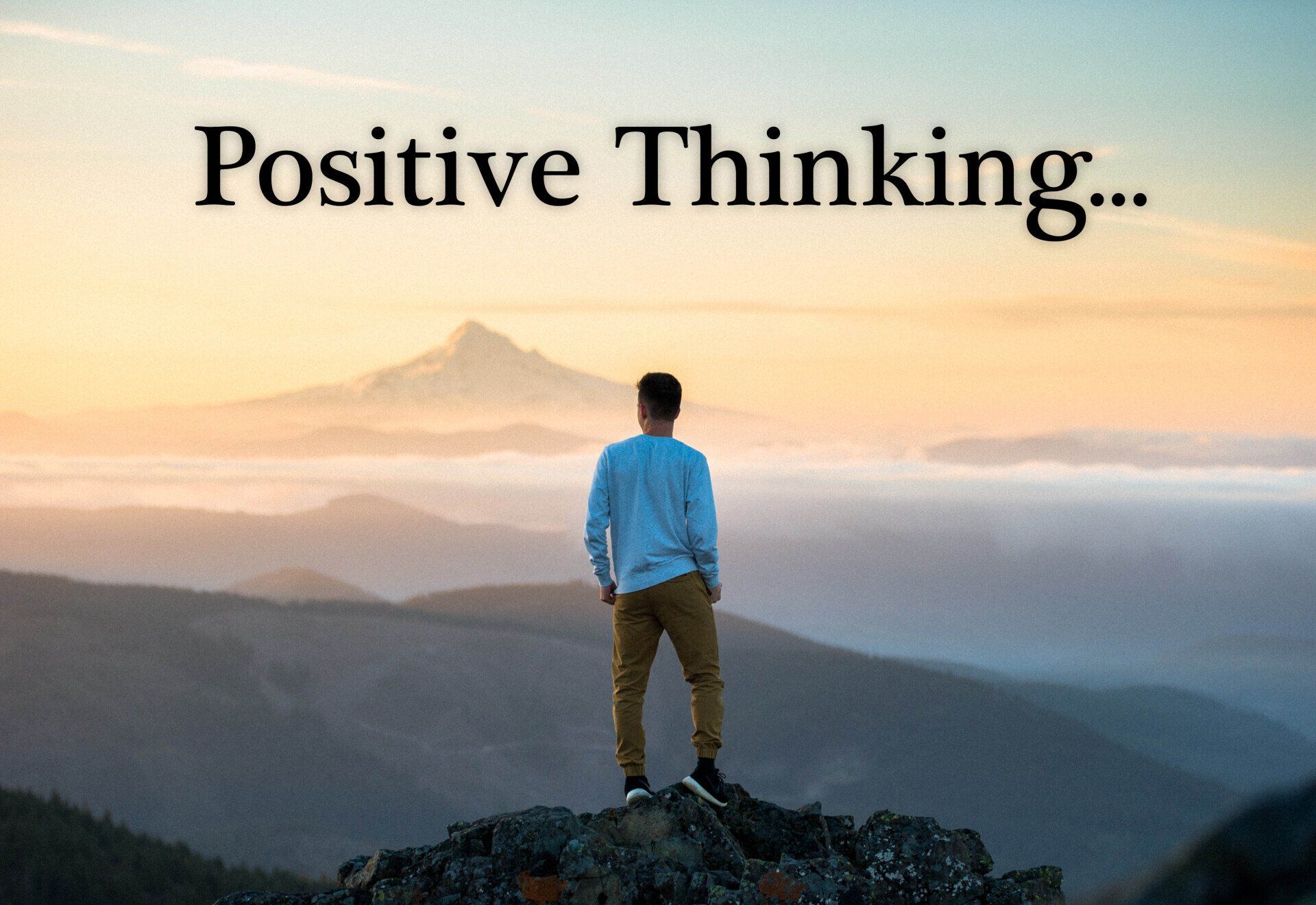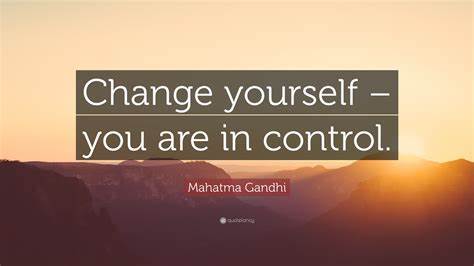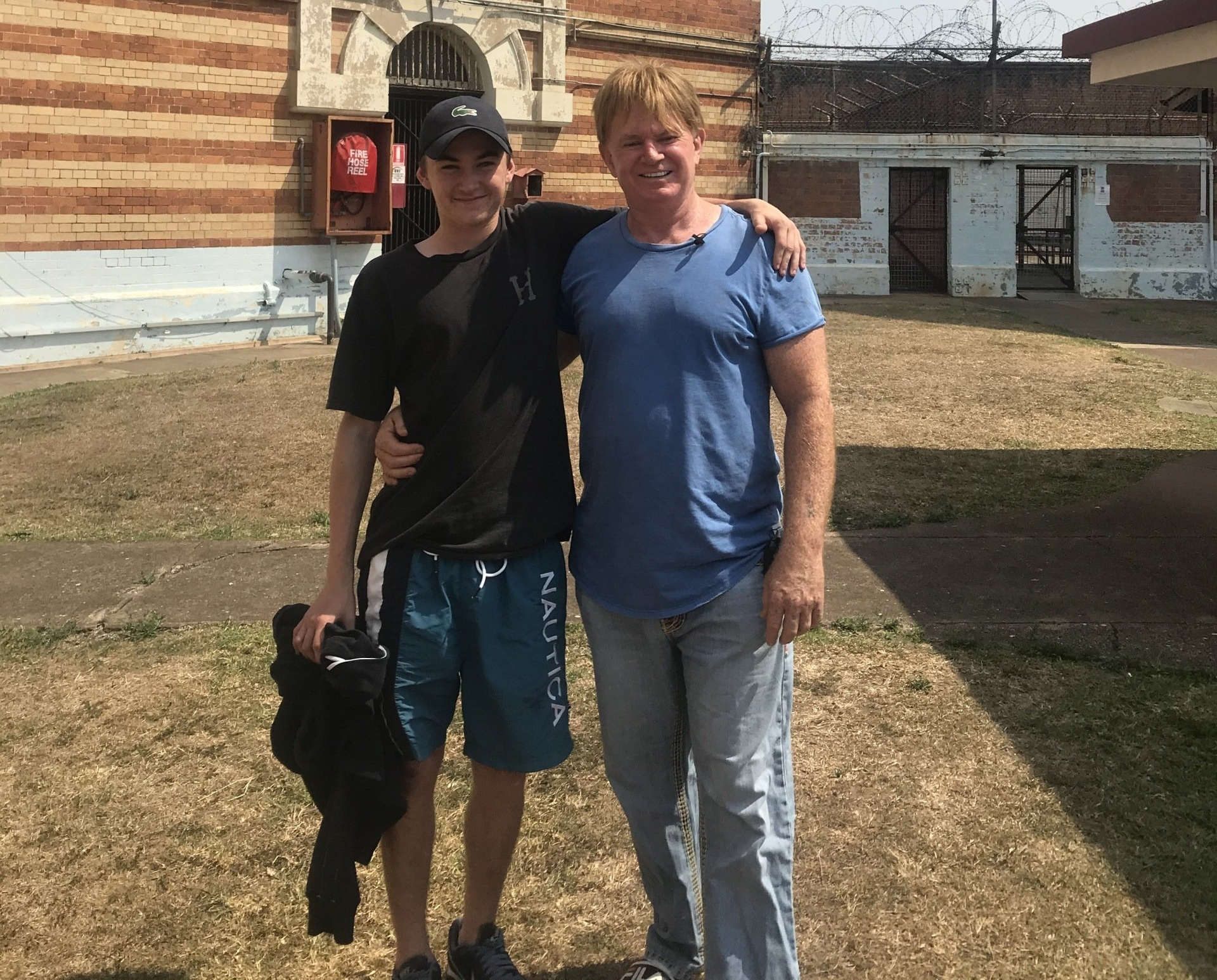Relationships, being in the right place. Know the real you.
The Authentic Self Is Being True And Not Telling Lies.
What stops us from being Authentic
At its core, being authentic is completely honest with what is true for us, but most people are not bought up by their parents or carers, and are not raised to be truth-tellers.
We were introduced to it. We are taught to pretend and perform and make nice.
But pretending—even if it's relatively meaningless, even if it is meant to protect someone else—is a form of lying.
And lying, even if we do it a lot or are good at it, is like air being breathed into our souls to our brains and bodies. It becomes unconscious.
The polygraph test depends on this: "Lie detectors" don't detect lies; instead, they catch the changes in our skin electricity, pulse rate, vocal pitch, and breathing that the stress of lying causes. It's as if all sorts of alerts go off when we lie, and the body is howling for us to stop. You are not the only one hearing this howl; other people will ultimately hear it. You only fool yourself in the end. When your life gets so bad, you will see the damage you are causing yourself and others close to you.
The good news is when you have had enough, you become happier and healthier if you decide to live your truth. It is also the only way to be authentic.
But remember, no person always speaks the truth.
There is an enormous difference between living your truth and always saying what's on your mind. Sometimes, speaking your truth is not necessary or even a good idea.
Sometimes it's not kind to say what you are thinking. But that doesn't mean that you get to lie. You can still "be you" while keeping your mouth shut and trying to be something you're not.
For example, a friend asks you if you like her dress, and you hate it. Instead of wrinkling your nose and telling her, it looks beautiful; you can ask her what she thinks about it and whether she likes how it feels. You can invite her to tell you her truth and then listen carefully and compassionately. Your first feeling is the Authentic you.
Sometimes this tactic—or staying silent—won't work because you must learn to express to the world the real you; it helps not just you but others who cannot be authentic yet. Often a part of a given instance does mean speaking your truth but try not to lie.
If that is the case, and you know what you are about to say might hurt or confuse someone, be sure that you are speaking your truth instead of your judgment or what you imagine to be true for other people. You might want to say, I have seen better clothes on you.
Our feelings are always true, but our criticisms rarely represent objective facts.
For example, if someone is doing something that feels wrong to you, you needn't stay silent. But you also don't need to slap down a judgement. Don't say, for example, "What you are doing is terrible and wrong, and I think you should read this King Hit book so that you can see the error in your ways."
Instead, tell them your truth: "I feel nervous and bullied and upset when you do that. It isn't right for me, and I don't feel right about staying silent in this situation."
Let your body point you towards what is true for you.
Sometimes it is hard to know who we are and what we want. But fortunately, our body always already knows what we are feeling, even when we aren't conscious of it.
Try listening to the feedback that your body is giving you right now. Say something untrue out loud, preferably to someone else. Try something like, "I love it when my boss humiliates me in front of my team," or "I adore having the stomach flu." Then notice how your body reacts to the statement. The response will likely be slight: a minuscule pulling back or tensing of your jaw or a tiny shoulder raise. When I say something my unconscious mind hates, my body tries to tell me through a bit of heaviness in my stomach or your conscious questions or answers about something you know to be untrue, listen to this as accurate. If I spend too long doing something that feels wrong for me, I have a stomachache or don't like it, and I feel a bit weak for pretending.
"What is true for us tends to make the body feel more robust and more complimentary; practice makes perfect, like building muscle. And lies tend to think like constraint and constriction, drugs soothe lies.
Now try saying something true for you:
"I love the ocean" or "I love the feel of my baby's head on my cheek." How does your body respond? When I say something very true for me or someone else says it to me, I get "chills of truth"—the hair stands up on my arms. And if I'm grappling with something hard, but the correct answer comes up for me, I can get tears of truth and feel reassured. Tears always tell us something profoundly true to feel qualitatively different from tears coming from grief or hurt.
What is true for us tends to make us feel more robust and accessible. And lies tend to make us feel— aliments of pain in the body. Maybe shoulders ache, our back hurts, our stomach churns, muscle spasms, embarrassed, to name a few. And more importantly, Hopefully, you have conscious to know the difference. You now know where your struggles may come from; your authentic self offers the freedom we once had before our lies.
Accept the ugly bits of yourself, including the problematic emotions.
Being you differs from being perfect or that we are all human, meaning we are often messy, raw, and wrong; feel this as ok.
When we love only the parts of ourselves we deem reasonable, solid, or intelligent; we reject the parts that make us real; this sets us up for inauthenticity; being imperfect is authentic. We start hiding what is real and showing off what is sparkly, but our seeming perfection is fake. The only thing to do with all our imperfections is to accept them with forgiveness and compassion. And to get how we feel about our flaws is probably not so good; this does not mean we are resigned to never growing or overcoming our weaknesses of lying. It just means we can be our authentic selves on this beautiful life path.
Loving and accepting ourselves—and all our flaws, including our anger, fear, sadness, and pettiness—is, in the end, the only thing that enables us to be authentic. It is also the greatest gift we can give ourselves and others. Authenticity makes us happier, healthier, and more connected to those around us.
As I say in my book, I didn't think there was a problem with all the lies I used to tell until I was taught the truth that changed my life forever into an authentic version of who I wanted t to be. I stopped lying.
